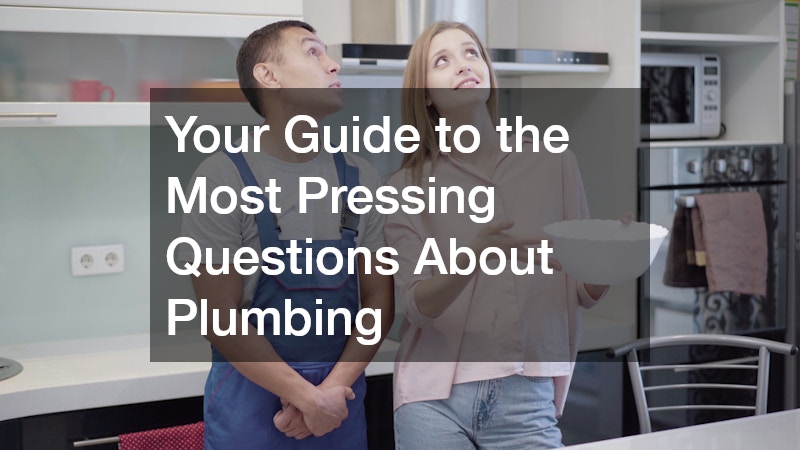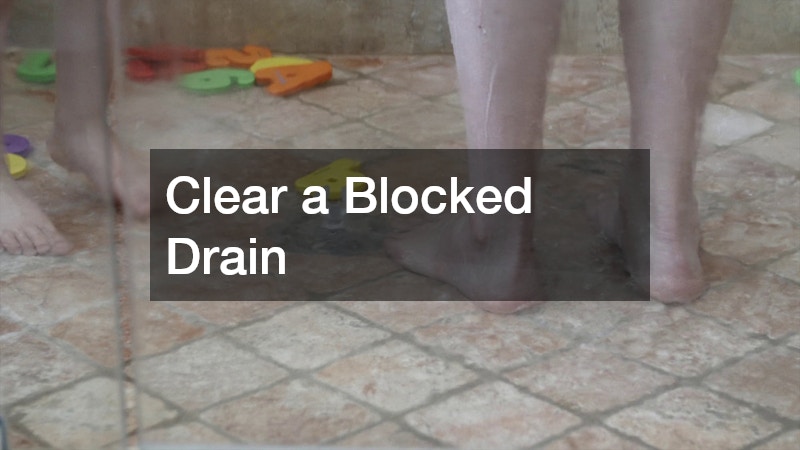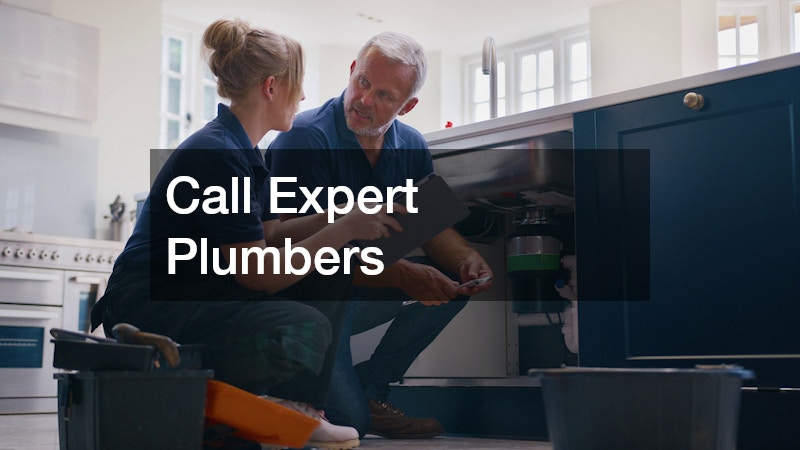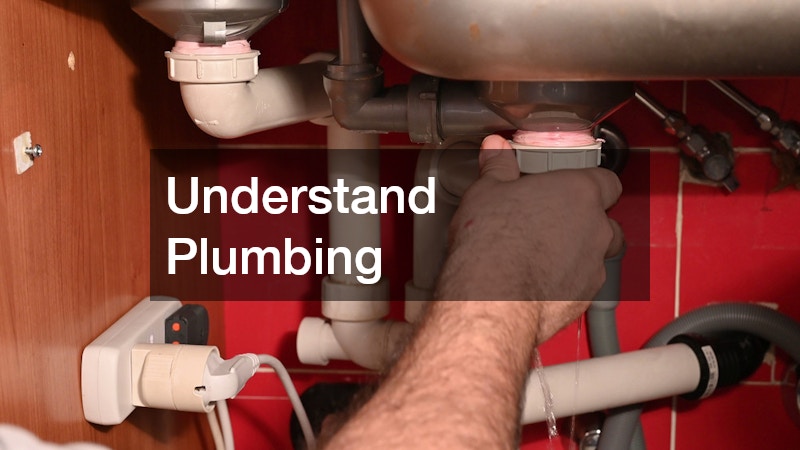
Plumbing is one of those essentials in life that often gets overlooked—until something goes wrong. From a sudden leak to a slowly draining sink, issues can escalate quickly, leaving homeowners scrambling for solutions. That’s why answering the most common questions about plumbing is so important. Understanding the basics helps you act early, stay calm during emergencies and avoid unnecessary costs. Whether you live in a freestanding house or a unit in a complex, you’re likely to face plumbing challenges at some point.
In this article, we’ll walk you through three key areas that tend to raise the most concerns. First, we’ll explore how to clear a blocked drain, a frequent issue that causes inconvenience and damage when ignored. Then, we’ll discuss when it’s time to call expert plumbers—not every issue can or should be handled on your own. Finally, we’ll help you understand plumbing as a whole, so you’re better prepared to prevent problems and make informed decisions. If you’ve ever had lingering questions about plumbing, this guide is designed for you. By the end, you’ll have clear, practical insights that can save you both time and money.
Clear a Blocked Drain

Blocked drains are a common household problem that can arise from daily activities like cooking, washing and bathing. Over time, food scraps, hair, grease and other debris can accumulate in your pipes, restricting water flow and causing unpleasant odours. Ignoring the signs of a slow drain or strange gurgling sounds can lead to water damage, mould growth or even burst pipes. Acting early to resolve minor clogs prevents these issues and keeps your plumbing system running efficiently.
To clear a blocked drain, begin by identifying the location and severity of the blockage. A simple plunger might work for surface-level clogs, while natural solutions like boiling water and baking soda can help loosen grease. For more stubborn blockages, you may need a drain snake or high-pressure water jet. Avoid using harsh chemical cleaners, which can damage your pipes and harm the environment. If DIY solutions don’t solve the problem, it may indicate a deeper obstruction in your sewer line—this is when calling a licensed plumber is essential.
Call Expert Plumbers

While DIY methods can handle basic plumbing fixes, there are times when professional help is the safest and most efficient option. Licensed plumbers have the training, tools and experience to identify problems quickly and repair them correctly. Attempting to fix complex issues without the right expertise can result in further damage, higher costs and potential health risks. Knowing when to step back and call a professional is a crucial part of responsible homeownership.
If you’re experiencing recurring leaks, a sudden drop in water pressure or signs of a hidden leak (like rising water bills or damp patches on walls), it’s time to call in expert plumbers. They can also perform camera inspections to diagnose problems deep in your pipes without invasive digging. Whether it’s a hot water system replacement, a pipe reline or an emergency callout during a weekend storm, skilled plumbers ensure that your plumbing system is safe, legal and long-lasting. Choose a licensed, insured professional with good local reviews to ensure you’re getting quality service.
Understand Plumbing

Understanding the basics of plumbing can empower homeowners to maintain their systems, prevent issues and spot early warning signs. Plumbing encompasses everything from water supply and drainage to fixtures like taps, toilets and hot water systems. A well-designed and properly maintained plumbing system ensures clean water comes in and wastewater flows out efficiently, keeping your home safe and hygienic. Awareness of how your system works helps you use it more effectively and avoid unnecessary wear and tear.
Get familiar with your home’s plumbing layout by locating shut-off valves, reading your water meter and learning what connects to which pipes. Schedule regular maintenance checks for things like tap washers, toilet seals and hot water units to keep everything functioning well. Watch for changes in water pressure, flow or colour—these may signal an issue developing behind the scenes. By building basic plumbing knowledge, you’ll be better equipped to ask informed questions in regards to plumbing when consulting a tradesperson, saving you time and money in the long run.
Every household will face plumbing issues at some point, whether it’s a stubborn blocked drain, a need to call professional plumbers or a desire to better understand your home’s plumbing. Knowing how to handle each situation improves your confidence and helps you make cost-effective, timely decisions. We’ve explored practical ways to prevent and manage issues, empowering you to act early and wisely. With this guide, you’re well equipped to tackle common questions about plumbing and maintain a healthy, efficient system at home.
